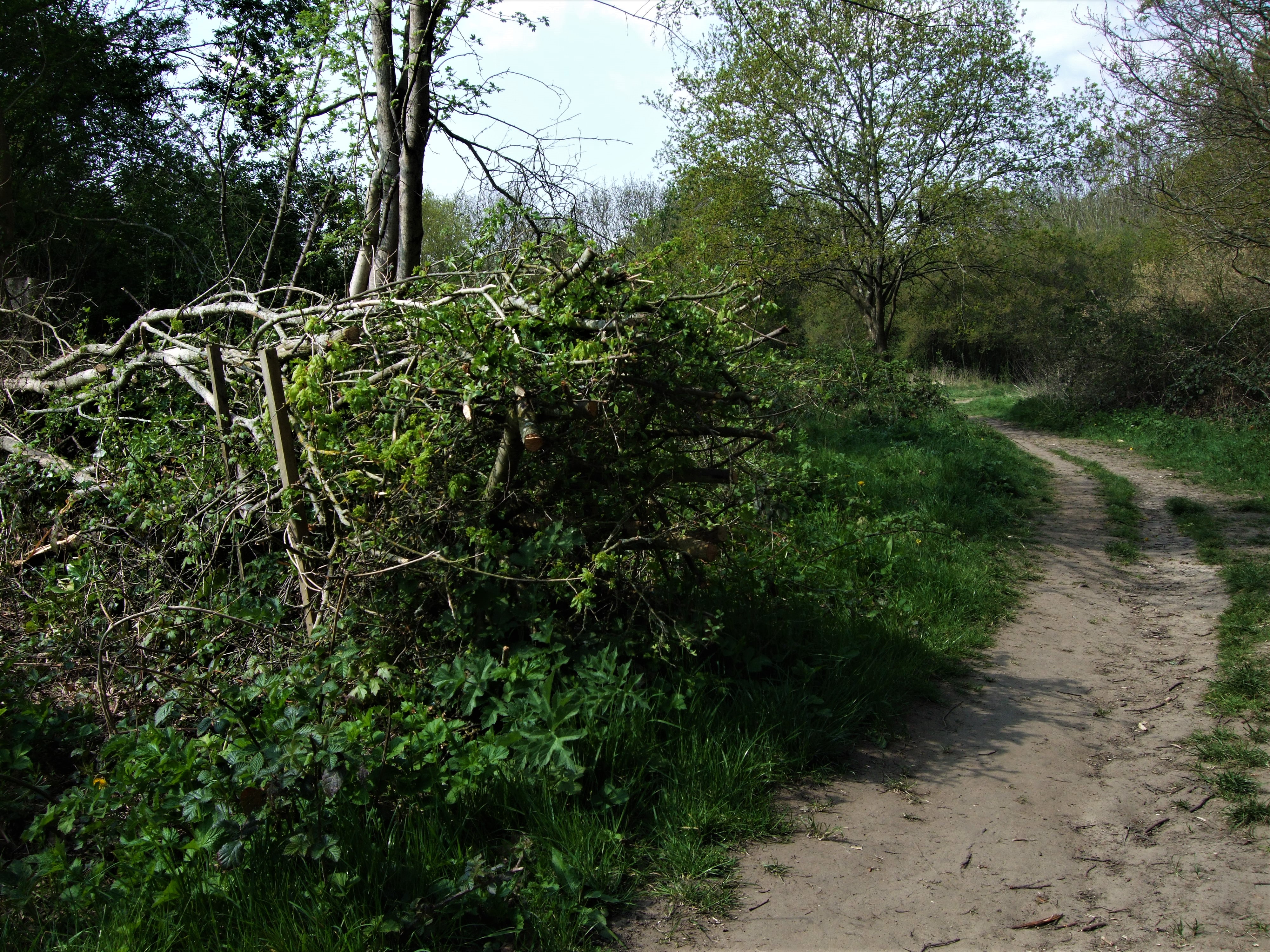I found this poem printed in a copy of The Old Front Line by John Masefield. It’s quite appropriate that it should be there because it uses a similar conceit. Just as Masefield describes the 1916 Somme battlefield from an imagined future after the war has ended, High Wood imagines the old trenches becoming a tourist attraction in peacetime.
John Stanley Purvis wrote it under his pseudonym of Philip Johnstone in 1918. He served as a lieutenant in the war and was invalided out of the army after the battle of the Somme. It took the British three months to capture the German stronghold of High Wood in that battle.
He is not particularly well-known among the Great War poets, but deserves to be remembered for this striking poem. Its realistic and cynical tone still seems modern, resembling the work of Siegfried Sassoon, perhaps, rather than any of the other famous names.
It’s a reminder of how the first world war is the dividing line between two different ways of thinking about war and that after poems like High Wood, it was no longer possible for the more heroic sort of war poems, such as those by Tennyson or Newbolt, to be written.
The poem has gained in force, because today we can see that exactly what he predicted came true. And after all this time tourists still visit the first world war battlefields.
High Wood by John Stanley Purvis (Philip Johnstone)
Ladies and gentlemen, this is High Wood,
Called by the French, Bois des Fourneaux,
The famous spot which in Nineteen-Sixteen,
July, August and September was the scene
Of long and bitterly contested strife,
By reason of its High commanding site.
Observe the effect of shell-fire in the trees
Standing and fallen; here is wire; this trench
For months inhabited, twelve times changed hands;
(They soon fall in), used later as a grave.
It has been said on good authority
That in the fighting for this patch of wood
Were killed somewhere above eight thousand men,
Of whom the greater part were buried here,
This mound on which you stand being…
Madame, please,
You are requested kindly not to touch
Or take away the Company’s property
As souvenirs; you’ll find we have on sale
A large variety, all guaranteed.
As I was saying, all is as it was,
This is an unknown British officer,
The tunic having lately rotten off.
Please follow me – this way…
the path, sir, please,
The ground which was secured at great expense
The Company keeps absolutely untouched
And in that dug-out (genuine) we provide
Refreshments at a reasonable rate.
You are requested not to leave about
Paper, or ginger-beer bottles, or orange-peel,
There are waste-paper baskets at the gate.
1918

